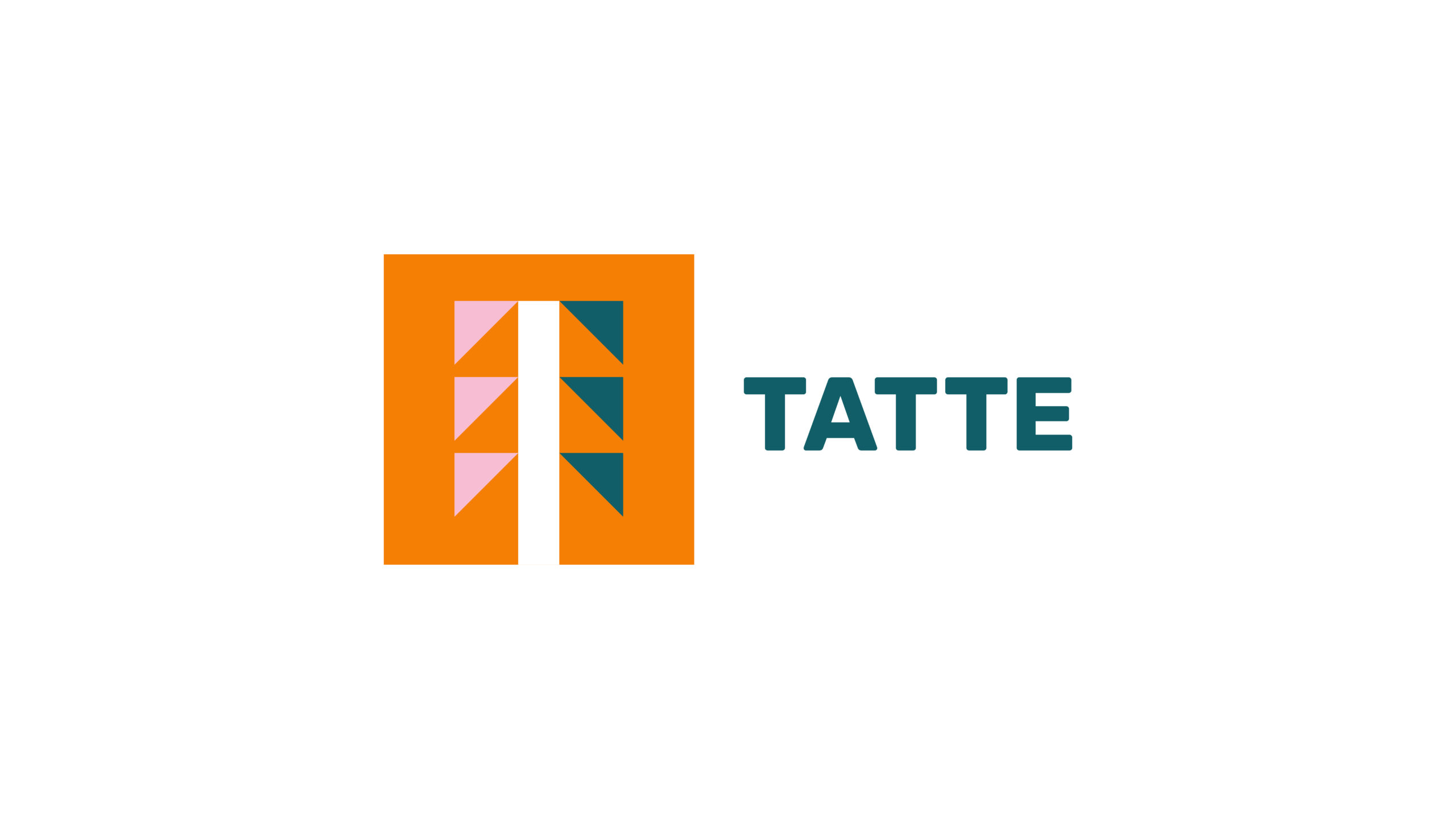The Tampere University Association of Researchers and Teachers (TATTE) wishes to highlight the fact that copyright agreements for the academic staff are still to be clarified. As most teaching is now conducted remotely online, copyright questions pertaining to teaching materials are particularly timely and relevant. Employees’ ownership of copyright has been a topic of discussion for a long time, thus far without a resolution. TATTE welcomes the fact that the issue has been brought to the discussion of the university cooperation council.
In our previous statement with the Tampere University Chapter of the Finnish Union of University Professors and TEKTUNI we raised the following points:
“Immaterial rights and copyrights are an irremovable part of a researcher’s and teacher’s right to self-determination as an academic professional. Producing material that is grounded in an individual’s expertise is a natural part of teaching and research. Unless an academic’s contract specifically states that the material produced is made for the employer’s use, the copyrights should remain fully and without reserve with the author. When an employee’s duties include producing teaching material for online teaching, the transfer of copyrights is justified, but even then the author should be granted rights to reuse their material at a later time.”
There is wide consensus on the issue within the academic staff of Tampere University. We are convinced that the arrangement described in our earlier statement would not only be unambiguous but also easy to understand.
In the context of COVID19, the spring term made questions of copyright more pertinent than ever, as the staff strove to meet the challenges and needs set by online teaching, despite the university’s eclectic practices. Both the academic staff and the university management understood that the most important thing to prioritize were the needs related to teaching, or in other words, the students’ needs. During the autumn term, we have still received questions about the practices related to producing online teaching materials from numerous faculties. The situation is ambiguous for both the academic staff and the university management. Now that the discussion on copyright issues has been opened in the cooperation council, we wish that fair and transparent practices are agreed upon.
The academic staff has been willing to be flexible under the exceptional circumstances, with a firm expectation that the university would create a clear set of guidelines for copyright and intellectual property rights which would respect the primacy of staff copyright. These guidelines would then apply both during exceptional circumstances and more permanently in terms of online teaching materials. TATTE wishes to strongly encourage Tampere University to continue their work related to copyright agreements, so that questions of copyright pertaining to online teaching in particular be resolved without any further delay.
